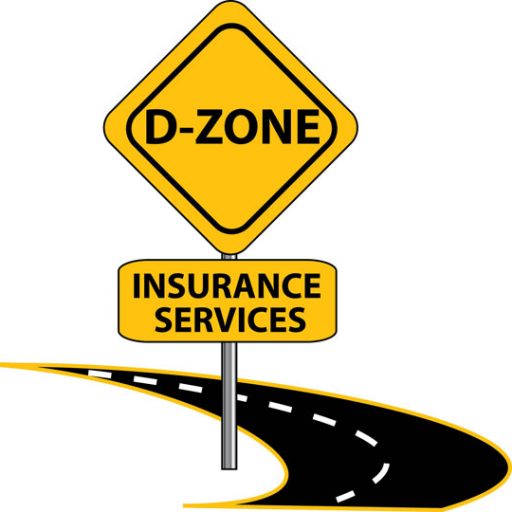Life Insurance
As primary income provider, consider life insurance to provide for your family when you are no longer there to do so yourself.
When deciding if you should purchase life insurance, you should first consider its primary purpose. This insurance provides no direct benefit to the policyholder since it is only paid out upon the death of the policyholder. Therefore, the intent of this insurance is to provide financial benefits to those listed as beneficiaries of this insurance policy.
Funeral and burial costs average approximately $15,000 to $20,000, and if you don’t have funds put aside for this cost, subsequently someone in your family will most likely need to accept the burden of these expenses. For this reason, many people suggest that everyone should have at least enough insurance to finance the policyholder’s funeral.
The other important question to ask yourself is: “Do I have someone who depends on me financially?” Dependents can be children, a significant other, parents, or anyone else who financially relies on you. Most people agree that the primary purpose of this insurance is to provide income to your dependents who will suddenly find themselves at a financial loss in your absence. If you provide the primary income, you need to consider this insurance as a way to provide for your family when you are no longer there to do so yourself. If you are not physically bringing home an income but you are staying at home raising your family. You need to consider the hidden financial asset of the services you are providing as well.

Types of Life Insurance
Term life insurance is considered to be the most basic of life insurance that can be purchased. This is because term life offers just pure death benefit protection only, without any cash value builds up within the policy.
Term life insurance is often very affordable – especially for those applicants who are younger and in good health at the time they apply for the coverage.
With term life insurance, coverage is purchased for a certain length of time, such as for ten years, 15 years, 20 years, 25 years, 30 years – and in some cases, even longer.
Typically, when purchasing a level term life insurance policy, the amount of the premium will remain the same throughout the period that the policy is in force. Provided that the insured survives throughout the time period of the policy, and he or she wishes to remain covered by life insurance, they will need to re-qualify for a new policy at their then-current age and health status.
At that time, the premium on a new life insurance policy may be quite a bit higher. In some cases, a term life insurance policy may have an option to convert the coverage over into a permanent life insurance plan.
Permanent Life Insurance
Permanent life insurance is different from term insurance because it offers both death benefit protection, as well as a cash value component. It also differs because, as the name suggests, it does not have a time limit like term insurance, but rather is intended to last for the remainder of the insured's lifetime – provided that the premium is paid. There are many different types of permanent life insurance.
The simplest type of permanent life insurance coverage is whole life. With this type of coverage, the premium amount is locked in and will remain the same throughout the entire lifetime of the policy.
This can be helpful for those who need to stick to a budget. It also means that if a person purchases a whole life policy at a very young age, they will still pay the same amount of premium when they get older – regardless of advancing age, or even an adverse health issue.
In some cases, where a person's pre-existing conditions require the individual to buy high-risk life insurance, some graded whole life policies are the only option.
The cash that is in the cash value component of a whole life insurance policy is allowed to grow on a tax-deferred basis. This means that the gain on these funds will not be taxed until or unless they are withdrawn – allowing them to compound exponentially over time.
At first, the cash in a whole life insurance policy will grow slowly. This is because the majority of the early premium dollars will go towards paying the agent's commission and the insurance costs. However, over the years, the cash in a whole life policy can steadily grow, often with a minimum guaranteed rate of return.
Some whole life insurance policies will even provide dividends to their policyholders. Because these are considered to be a return of premium to the policyholder, they are also not taxed. Dividends can also help the cash value in a policy grow significantly – although they are never guaranteed.
Universal life insurance is another form of permanent coverage. This type of life insurance also provides a death benefit and a cash value component where the funds are allowed to grow tax-deferred.
Universal life insurance is more flexible than whole life coverage, though. This is because the policyholder is allowed – within certain guidelines – to choose how much of his or her premium dollars will go towards the policy's death benefit, and how much will go towards the policy's cash value.
Because universal life is a permanent life insurance policy, the policyholder will have access to their cash value account. So, just as with a whole life plan, the cash can be borrowed or withdrawn for any reason – including paying off debt, supplementing retirement income, or even going on a vacation.
Life Insurance FAQ


